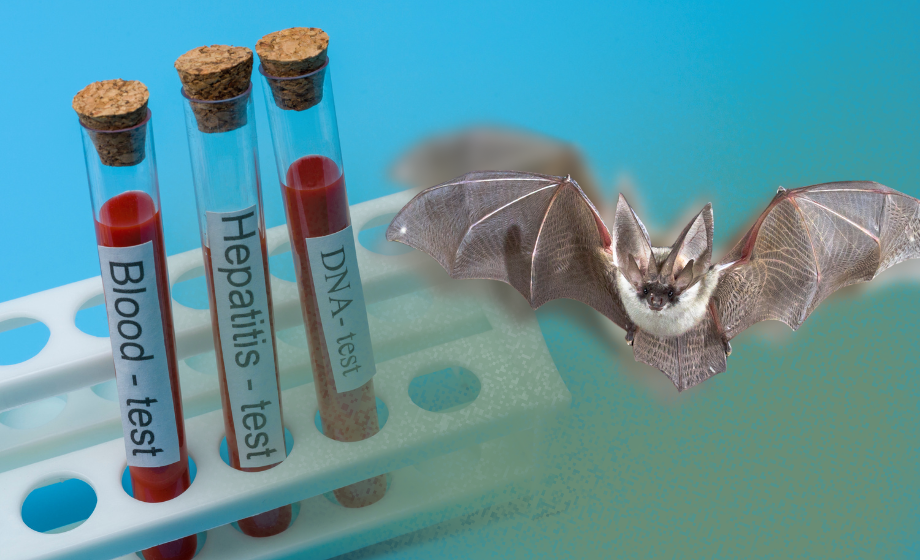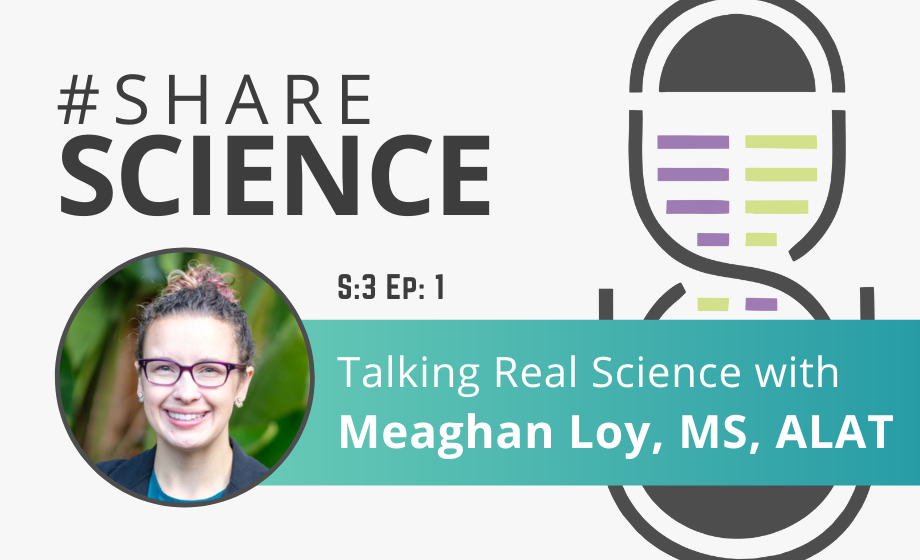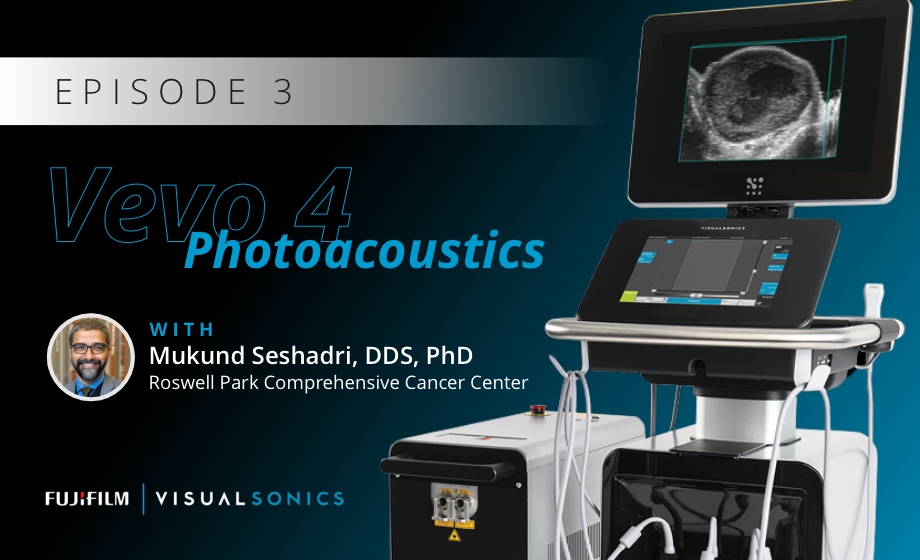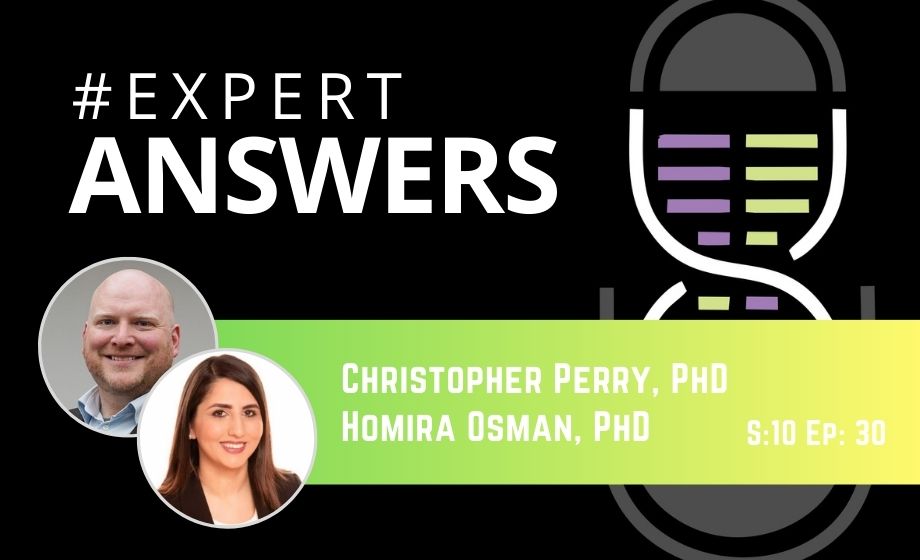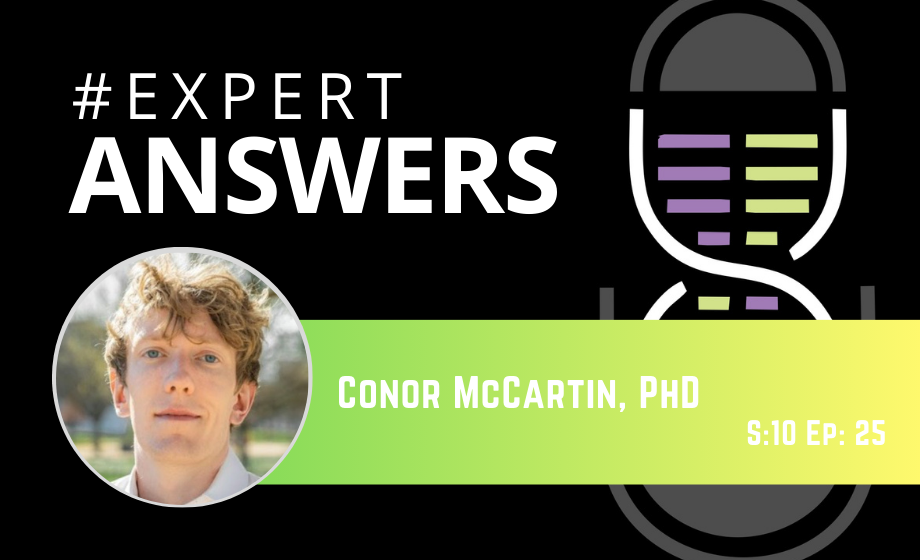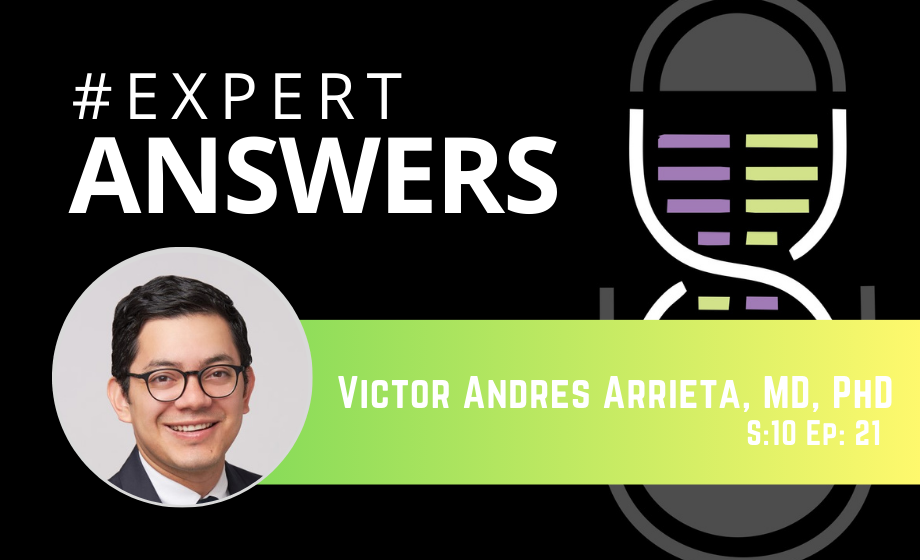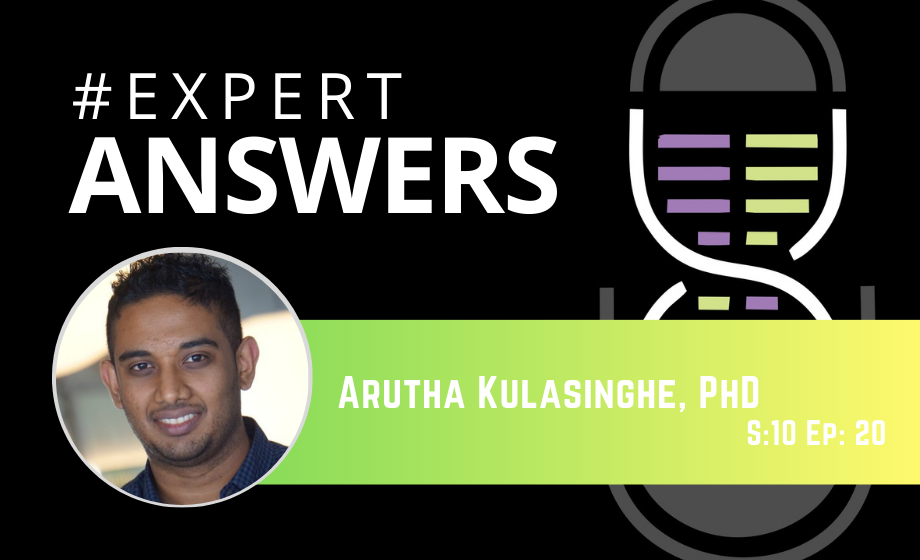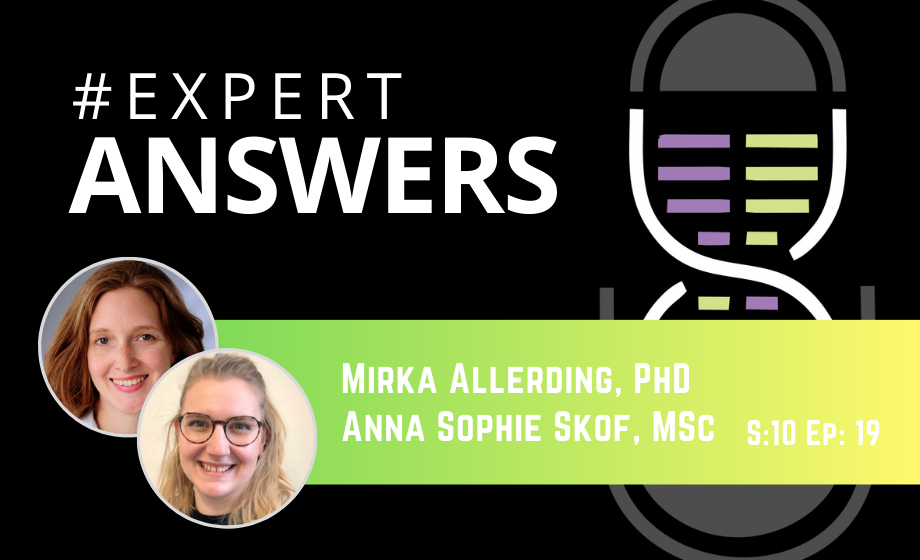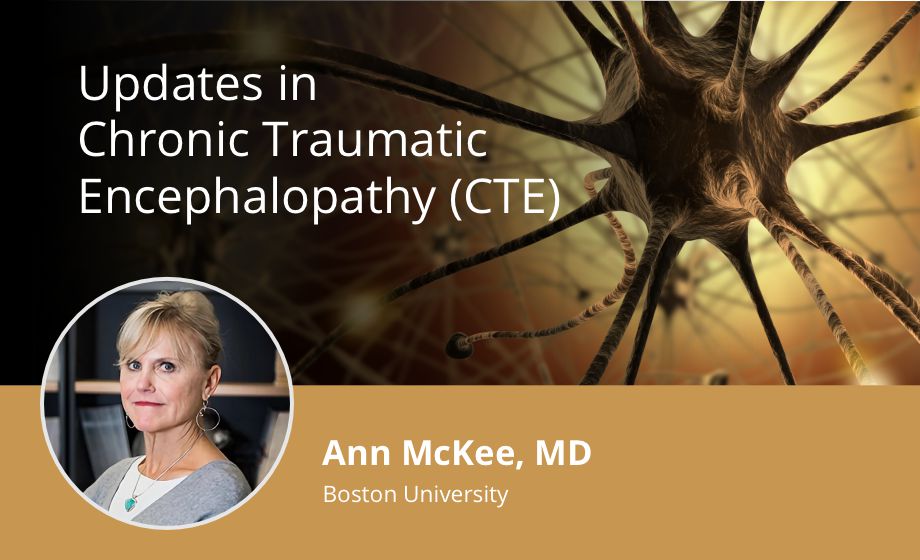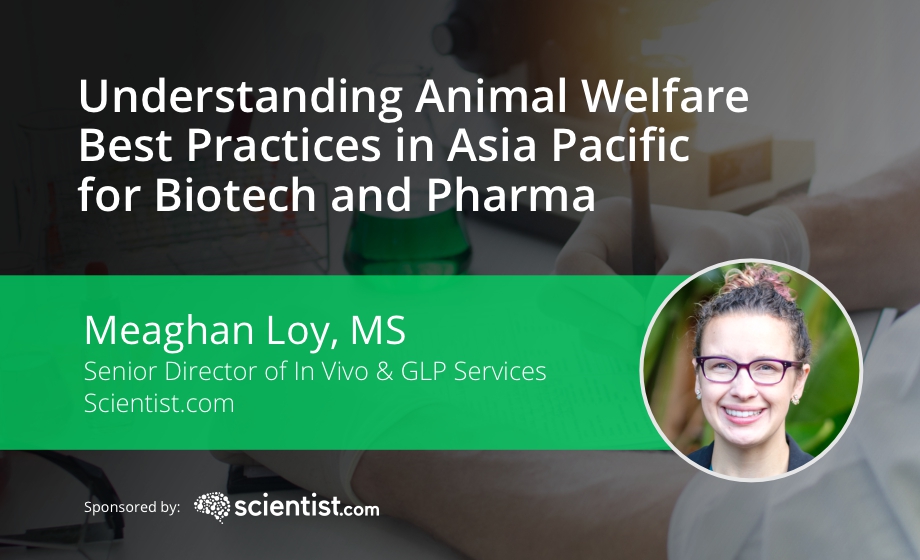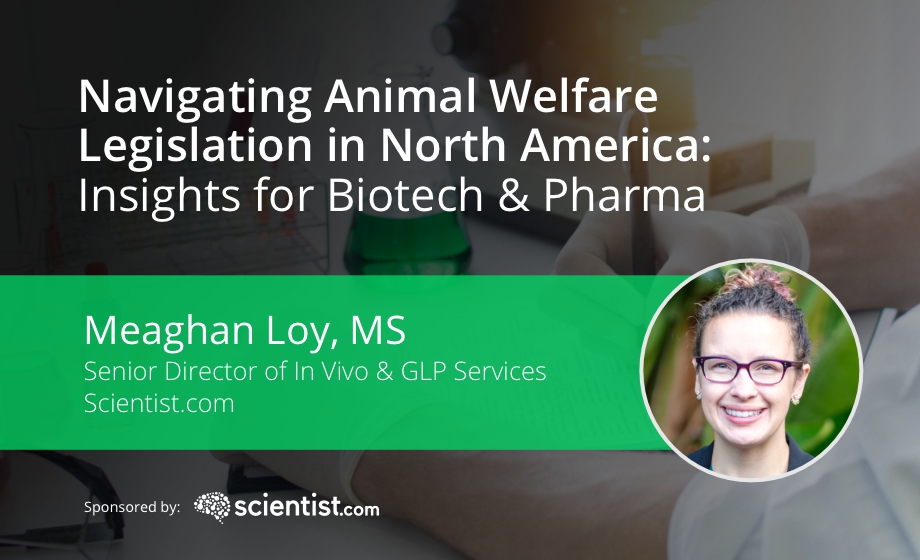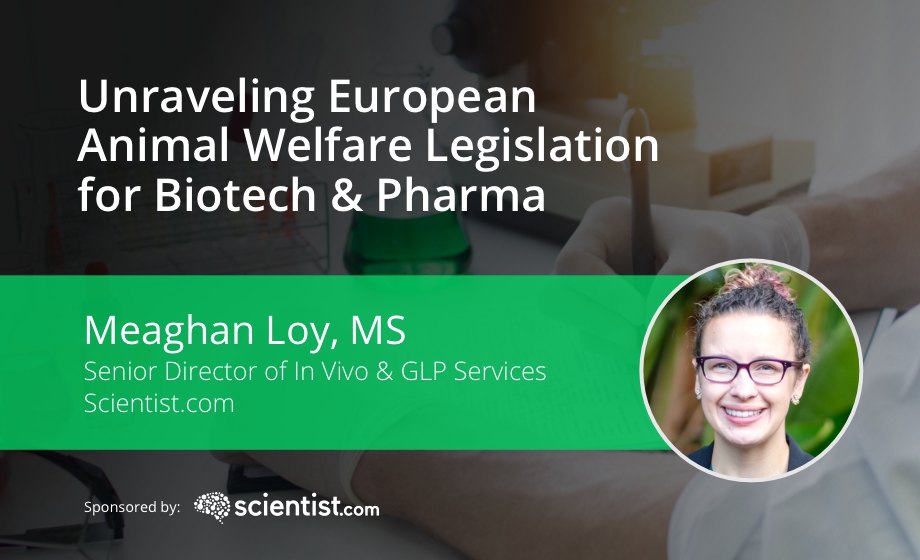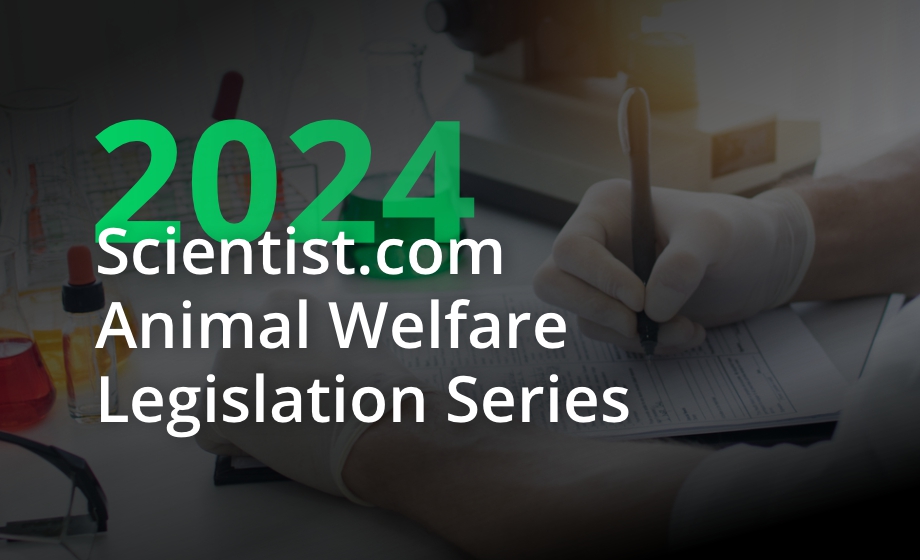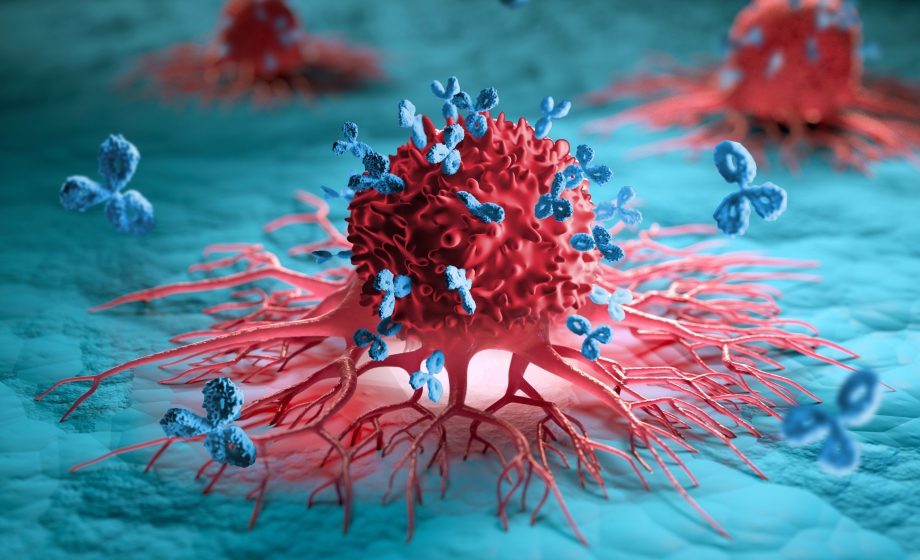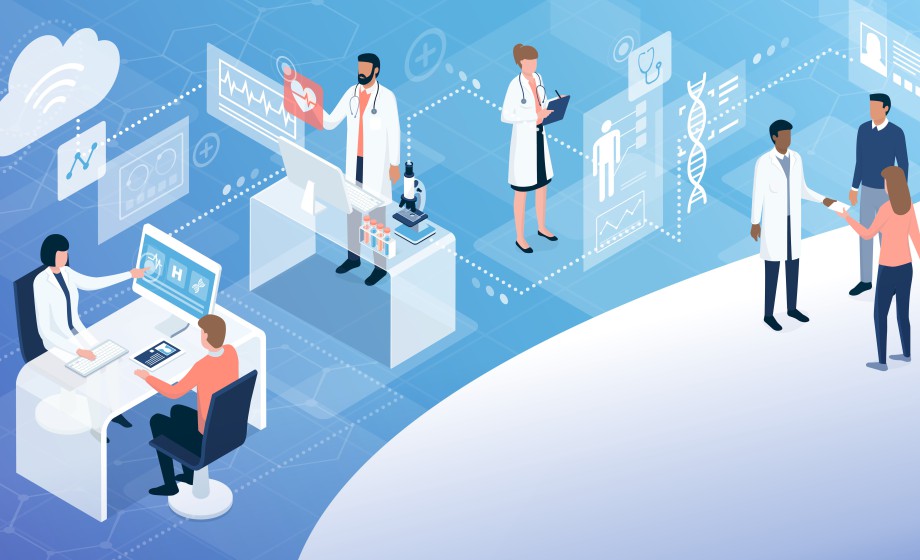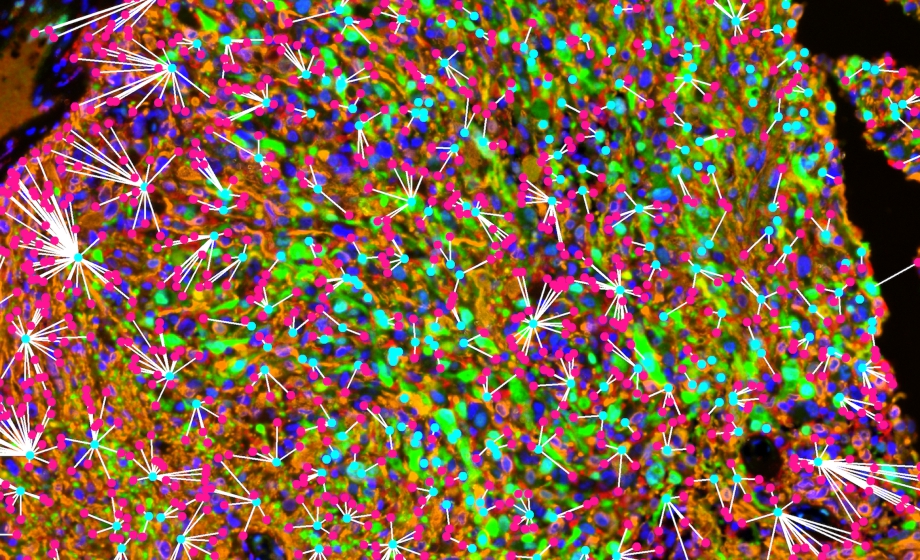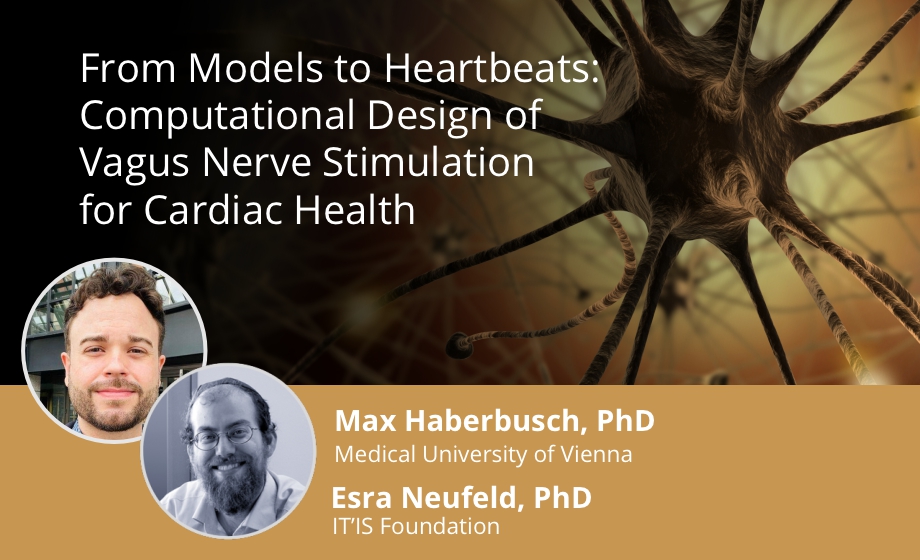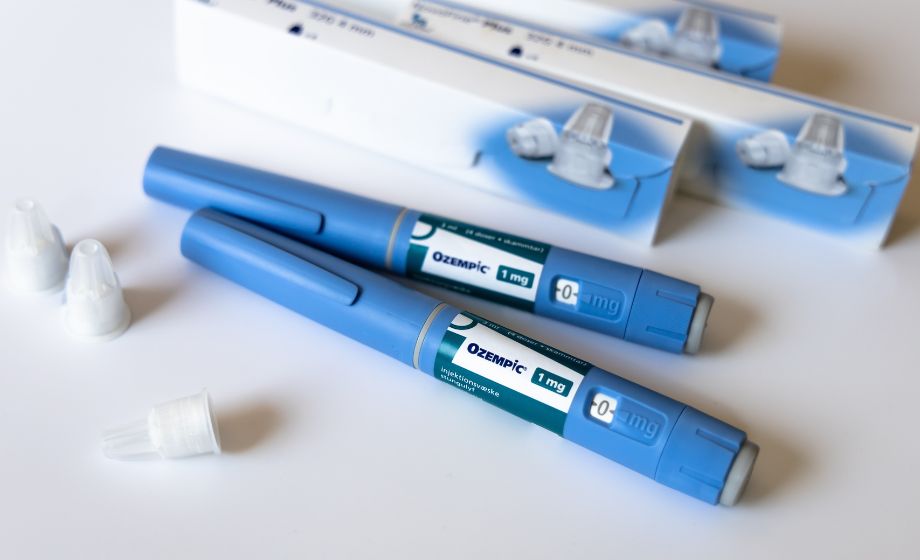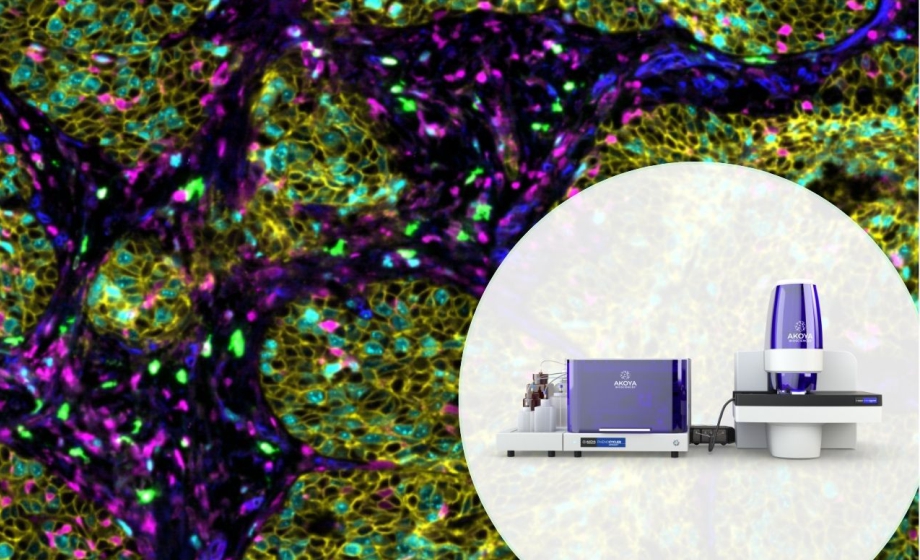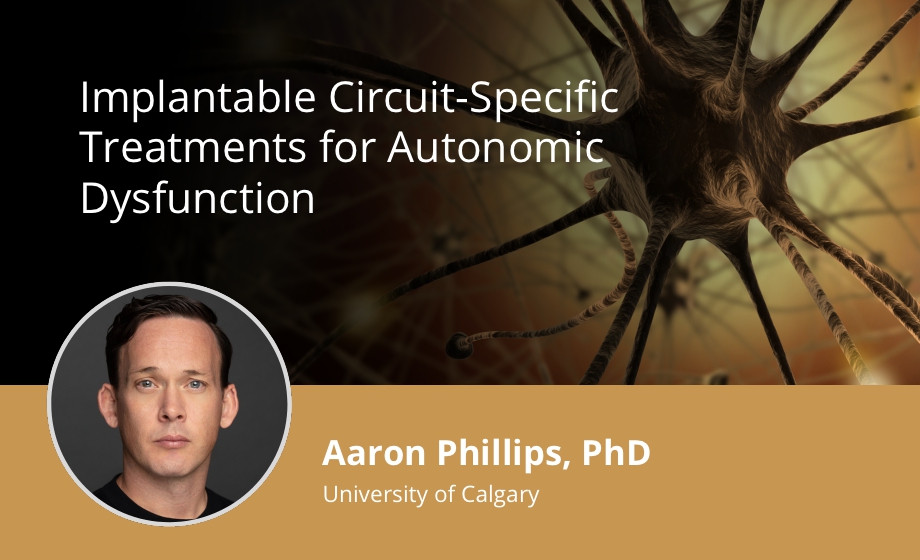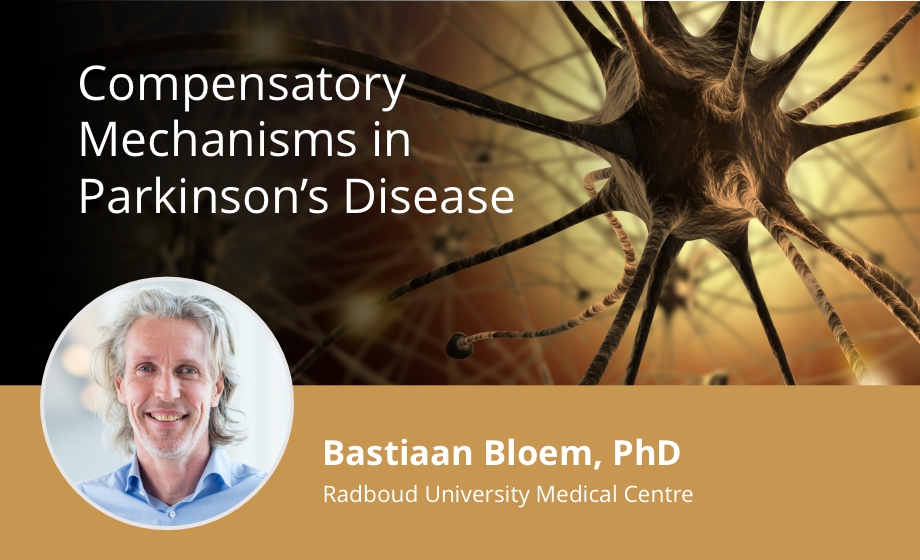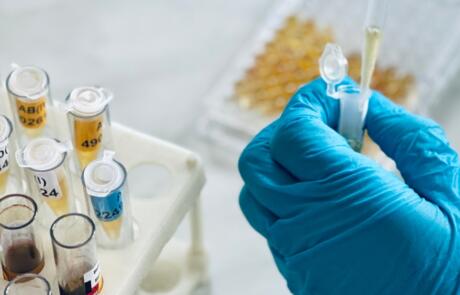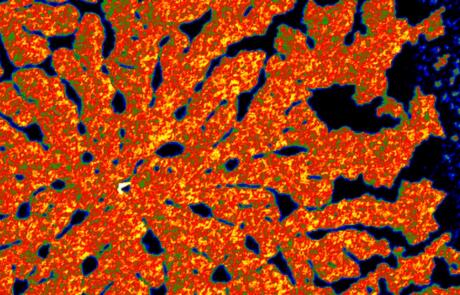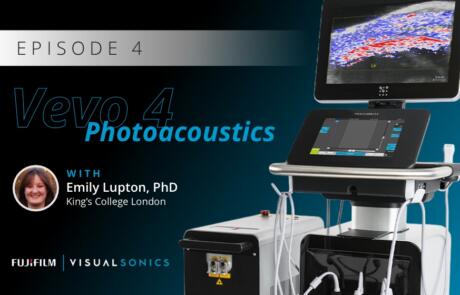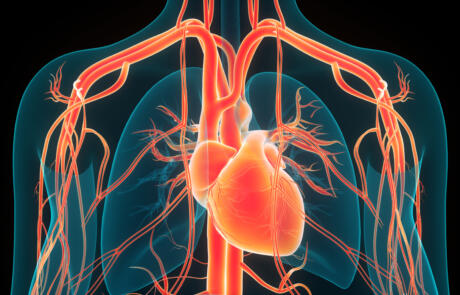Secret Health Benefits of Being a Bat
How exactly are the Myotis bat genus able to host COVID-19, Ebola, and other infectious diseases, all while living into their early 30s? We describe particular infectious disease adaptations, inflammation suppression, and the longevity observed within this taxa.
Talking Real Science with Meaghan Loy on Rare Disease Day
On this episode of #ShareScience, we spoke with Meaghan Loy, Senior Category Director of In Vivo Services with Scientist.com, on Rare Disease Day.
The Translational Utility of Ultrasound and Photoacoustics in Head and Neck Oncology
Dr. Mukund Seshadri presents his interdisciplinary research on developing and evaluating ultrasound and photoacoustic imaging for oral oncology applications, with a focus on the prognostic utility of these methods in assessing treatment responses in head and neck cancer patients.
#ExpertAnswers: Christopher Perry and Homira Osman on Integrating Patients, Clinical, and Advocacy Partners with Preclinical Research Labs
Dr. Christopher Perry, York University and Dr. Homira Osman, Muscular Dystrophy Canada answer questions from a recent webinar on how the integration of clinical, industrial, and not-for-profit advocacy partners with preclinical research labs offers great potential to improve our research impact.
#ExpertAnswers: Conor McCartin on Phage Display Technologies
Dr. Conor McCartin from ProteoGenix answers questions about the utilization of phage display in the development of human antibodies.
#ExpertAnswers: Victor Arrieta on Anti-PD-1 Immunotherapy for Recurrent Glioblastoma
Dr. Víctor Andrés Arrieta explores how p-ERK activation links to better survival in rGBM patients treated with anti-PD-1 immunotherapy.
#ExpertAnswers: Arutha Kulasinghe on Single-Cell Spatial Phenotyping for Biomarker Discovery
Dr. Arutha Kulasinghe discusses application of single-cell spatial phenotyping for characterizing the tumor microenvironment.
#ExpertAnswers: Mirka Allerding and Anna Sophie Skof on Indivumed Services’ Cell-Free Plasma Biobank
Experts from Indivumed Services answer questions from webinar where they describe the role of longitudinal plasma samples for cancer research.
Updates in Chronic Traumatic Encephalopathy (CTE)
Dr. Ann McKee will describe the emergence of chronic traumatic encephalopathy (CTE) as a distinct disease over the past 20 years.
Understanding Animal Welfare Best Practices in Asia Pacific for Biotech & Pharma
In this event, we focus on the Asia Pacific region, uncovering the landscape of animal welfare legislation and its implications for pharmaceutical and biotech players.
Navigating Animal Welfare Legislation in North America: Insights for Biotech & Pharma
Watch as we delve into the nuances of animal welfare legislation in North America, specifically addressing the needs of clients and suppliers in the pharmaceutical and biotech sectors.
Unraveling European Animal Welfare Legislation for Biotech & Pharma
This event illuminates the intricacies of animal welfare legislation, specifically comparing and distinguishing differences between EU, UK, and North American standards.
Animal Welfare Legislation Series
Scientist.com’s Animal Welfare Legislation Series is a 3-part webinar series to explore animal welfare legislation in North America, Asia, and Europe. In each installment, we delve into the region-specific regulatory requirements while discussing best practices and ethical guidelines for companies and organizations involved in bio-pharma sectors. Our intent is not only to shed light on the legal aspects but also to emphasize these stakeholders' crucial role in observing and promoting ethical practices in animal welfare.
Overcome the Multiple Challenges of Neutralizing Antibodies in Cancer Therapy Using Innovative Phage Display Technologies
Conor McCartin, PhD, answers questions about the benefits, applications, and process of using innovative phage display technology for cancer therapy and monoclonal antibody development.
Exploring Predictive Biomarkers and ERK1/2 Phosphorylation: A New Horizon in Forecasting Survival and Response to Immune Checkpoint Blockade in Glioblastoma Treatment
Víctor Andrés Arrieta, MD, PhD presents glioblastoma research, covering multiplex immunofluorescence, predictive biomarkers, and ERK1/2 phosphorylation.
Overcome the Multiple Challenges of Neutralizing Antibodies in Cancer Therapy Using Innovative Phage Display Technologies
In this webinar, Dr. Conor McCartin discusses how phage display can be used for human antibody development.
Integrating Patient Engagement and Trainee Development in Pre-Clinical Research
Christopher Perry, PhD discusses how his laboratory aims to discover mechanisms by which metabolic dysfunction causes muscle weakness and apply these findings to develop new therapies for muscle disorders. Homira Osman, PhD provides a particular focus on leveraging scientific findings for practice and policy and linking trainees with patient communities.
Exploring Predictive Biomarkers and ERK1/2 Phosphorylation: A New Horizon in Forecasting Survival and Response to Immune Checkpoint Blockade in Glioblastoma Treatment
In this webinar, Victor Arrieta highlights the link between p-ERK activation and improved survival in rGBM patients using anti-PD-1 immunotherapy.
From Models to Heartbeats: Computational Design of Vagus Nerve Stimulation for Cardiac Health
This webinar explores closed-loop cardiac rhythm control restoration in heart-transplant patients from model development to in silico regulatory evidence for safety and efficacy trials.
The Sweet Truth: Unwrapping the Science of Semaglutide
Semaglutide, also known as Ozempic and Wegovy, has become increasingly popular -- but why? Here we discuss the mechanism behind these drugs, how they've become so well known, and what current research says about their long-term effects.
Spatial Phenotyping: A Revolutionary Approach to Biomarker Discovery for Cancer Immunotherapy
Dr. Arutha Kulasinghe discusses the potential of single-cell spatial phenotyping in biomarker analysis and how it can be used to characterize tumor microenvironments.
Implantable Circuit-Specific Treatments for Autonomic Dysfunction
In this webinar, Dr. Aaron Phillips presents his research on the neural mechanisms of hemodynamic stability.
Compensatory Mechanisms in Parkinson’s Disease
Bas Bloem, MD reviews compensatory mechanisms, including cerebral plasticity and behavioral adaptation, in persons with Parkinson's disease.
Longitudinal Plasma Samples: Paving the Way for Precision Oncology
In this Q&A Report, experts discuss isolation methods, sample selection, testing techniques, and future applications of cell-free plasma samples for cancer diagnostics and treatment
